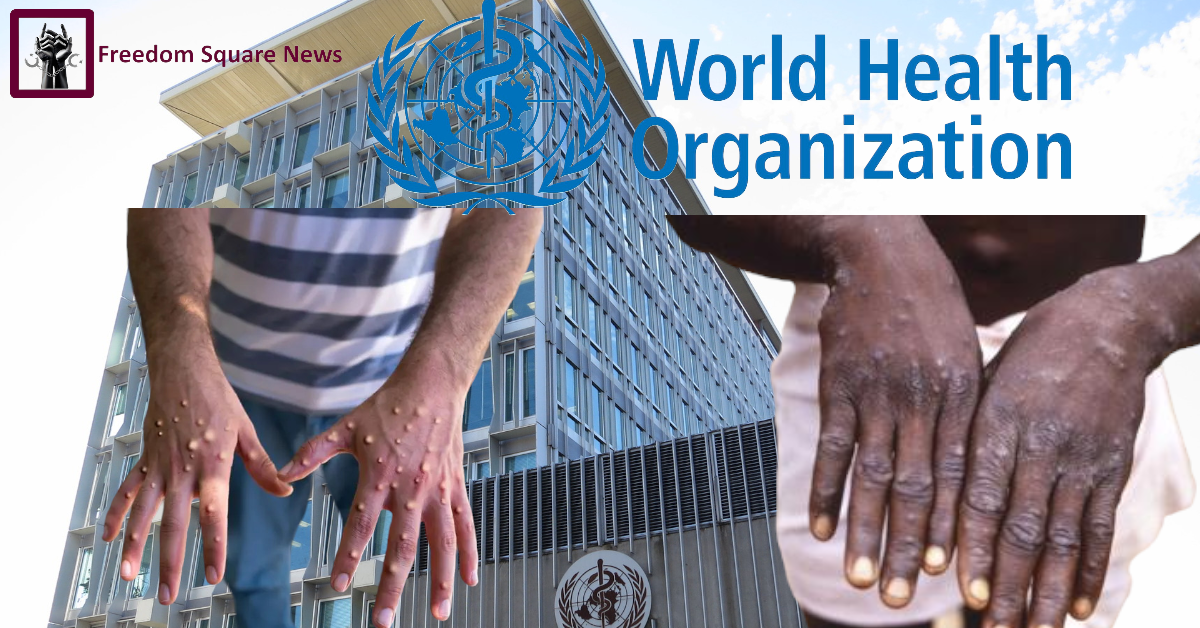President Tinubu’s Bold Move: Revamping Nigeria’s Pharmaceutical Sector
In a decisive move aimed at transforming Nigeria’s pharmaceutical landscape, President Bola Tinubu has signed an executive order that promises to shake up the industry. The order, which slashes tariffs, excise duties, and value added tax (VAT) on imported pharmaceutical inputs, marks a significant shift towards bolstering local production capabilities.
Under the new directive, crucial pharmaceutical materials such as excipients, medicines, long-lasting insecticidal nets (LLINs), and rapid diagnostic kits will now enjoy exemption from these levies. This initiative, championed by Health Minister Ali Pate, is designed to lower production costs and enhance the competitiveness of Nigerian manufacturers in the global market.
Minister Pate emphasized the collaborative effort required across multiple ministries—Industry, Trade, and Investment; Finance; and Health—to ensure seamless implementation. The goal is to establish a unified framework that streamlines regulatory processes and expedites approvals for pharmaceutical products.
The executive order also introduces mechanisms to support local producers, including volume guarantees and framework contracts aimed at stabilizing the market. This move is expected to incentivize investment in local manufacturing capacity, reducing dependency on imported drugs and strengthening Nigeria’s health security.
Key regulatory bodies such as the Federal Inland Revenue Service (FIRS), Standard Organization of Nigeria (SON), Nigeria Customs Service (NCS), and the National Agency for Food and Drug Administration and Control (NAFDAC) will play pivotal roles in enforcing the order. Special waivers and exemptions, valid for two years, underscore the government’s commitment to facilitating swift implementation and compliance.
President Tinubu’s bold initiative underscores a strategic shift towards economic empowerment and healthcare sustainability. By promoting local pharmaceutical production through targeted incentives and regulatory reform, Nigeria aims to foster innovation, create jobs, and ultimately improve access to affordable healthcare for its citizens.




